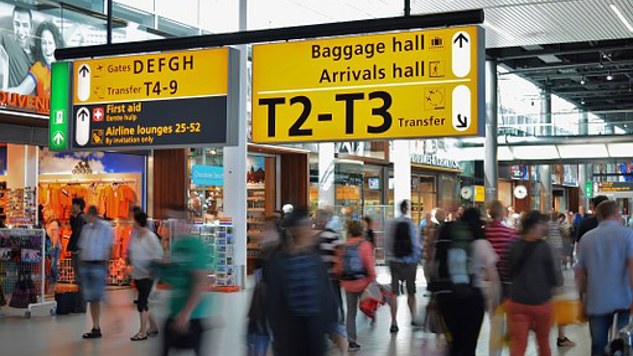This Delmi Report Legal migration for work and training - Mobility options to Sweden for those not in need of protection (2020:2) investigates the existent and potential immigration opportunities for work or studies. The Swedish system for labour migration is an interesting example to look at in this context. This system could be further developed to help address the challenges of irregular migration.
Facilitating legal migration is a critical element of a comprehensive migration policy. Legal migration is often called for as an alternative to irregular migration for individuals and groups not in need of international protection. Furthermore, legal migration can contribute to meeting labour market needs in destination countries and have positive development effects in countries of origin (through remittances and the transfer of knowledge and skills, for example).
The report finds that the preconditions in Sweden to make legal migration pathways accessible for migrants, who might otherwise use irregular channels and apply for asylum without success, are generally good. Most importantly perhaps, Sweden is internationally known for a liberal labour immigration system, which opens doors to highly-skilled, skilled but also low- and unskilled migrants.
Some of the recommendations of the study are the following:
- Sweden could improve the matching of suitable workers in third countries with employers in Sweden who have vacancies through new job-matching services via the internet or by foreign representations of Swedish companies, employers’ associations or state agencies.
- An innovative approach would be to involve diaspora groups in Sweden in job-matching.
- To enhance or widen legal pathways for studies in Sweden, more scholarships and funded exchange
programs would be useful. - More attention could be devoted to admission options for education other than academic studies, such as vocational training or courses at folk high schools.
This report, funded by Delmi, is written by Bernd Parusel. The study is a part of the research project "Legal migration for work and training: Mobility options to Europe for those not in need of protection" coordinated by the Expert Council of German Foundations on Integration and Migration (SVR), in cooperation with the Migration Policy Institute Europe (MPI). In the framework of this project, a set of five country case studies (France, Germany, Italy, Spain, and Sweden) provides a comprehensive overview of respective domestic legal, policy and programmatic frameworks, both past and current. The project aims to address this gap by reviewing existing policy and programmatic frameworks at EU and national level that facilitate legal migration. It also endeavours to critically assess their design, implementation and impact, and to generate ideas and options for the development of future legal migration opportunities. The overall goal of the project is to contribute to better informed and concrete policy options for effective legal migration to Europe in the context of mixed migration.
Picture by Skitterphoto from Pixabay.
